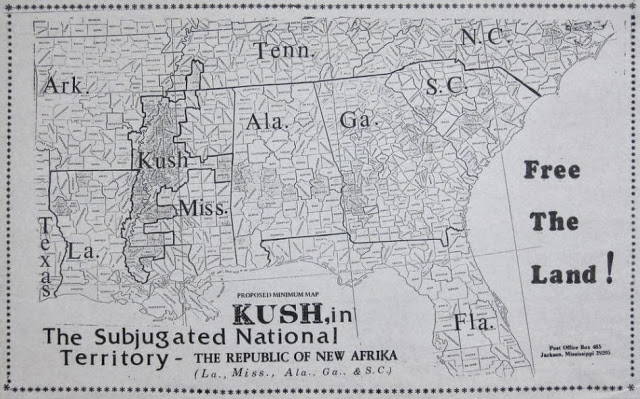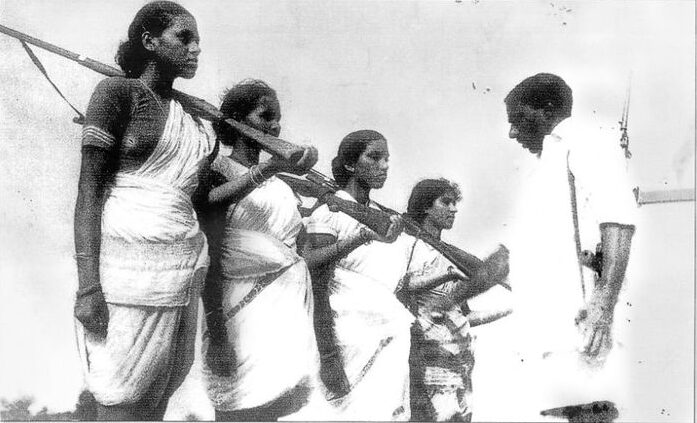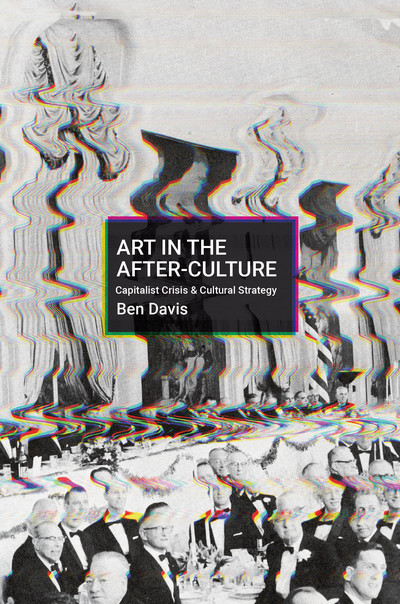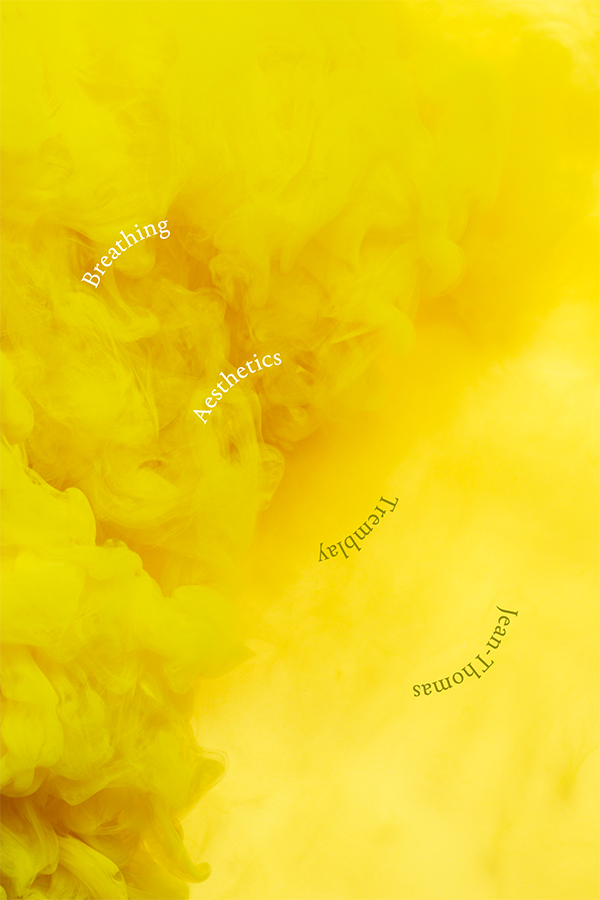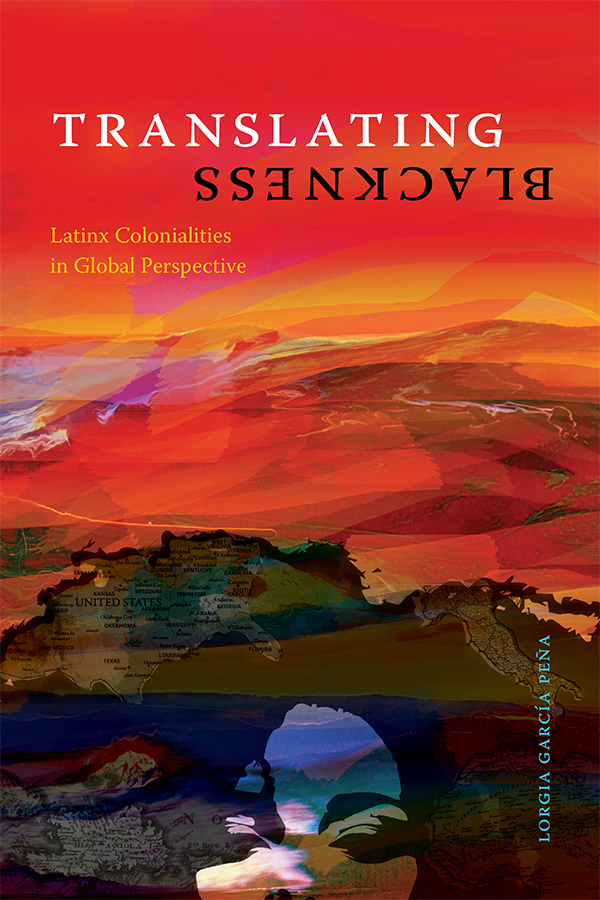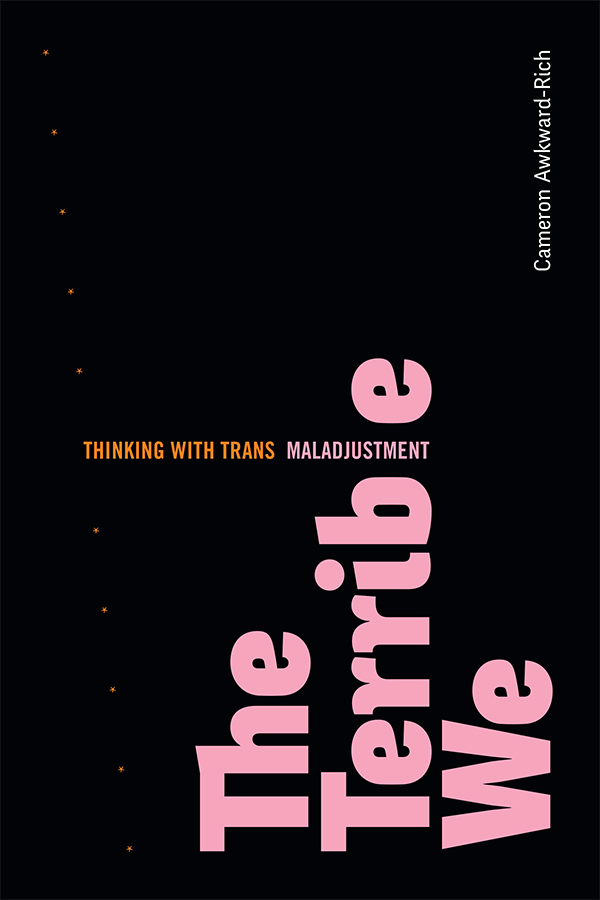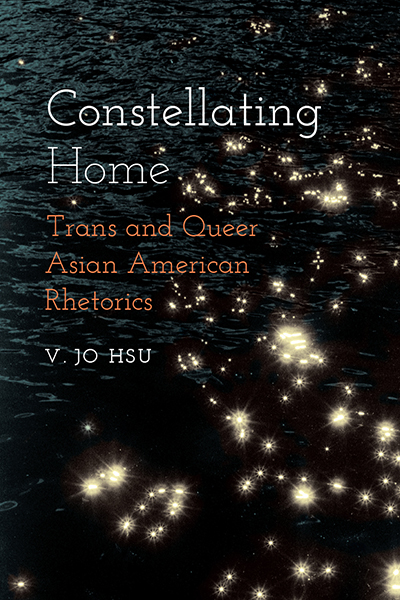Responding to Palestinian organizers’ calls to use our voice, continue to engage in conversations, and to speak out, this statement articulates what we see as the abolitionist and anti-colonial way forward—the only way we can commit to a free Palestine. Imagining and building alternatives is the future, the horizon of possibility, that Lateral, as part of the intellectual and activist project of cultural studies, is imperfectly but consistently striving toward. Here, we highlight work in this issue, including the Towards Third Worlding forum, articles, book reviews, and the second installment of the Positions podcast. We continue to welcome authors to join in this work of pushing the field of cultural studies further, towards its promise of critical inquiry matched by political engagement.
Issues
Regional Mobilities, Technology and the Status of Myth in Africa: Retrieving Musical/Creative Codes in KwaZulu-Natal before Colonialism
This article tracks my intellectual journey in trying to understand the role played by craft specializations before the colonial era in KwaZulu-Natal (South Africa), which is the area where I come from. I do this by a comparative look at how craft specializations happened in other parts of the African continent, an approach prompted by the absence of older written or documentary sources on KwaZulu-Natal, prior to the advent of European colonialism. A key finding of the research is that the cultural and ritual repertoires of craft specialists reveal conceptual domains of expertise that are derived from intra-African regional dynamics. This contrasts with the colonial belief that implied that notions of expertise were as a result of European or Asian human contacts. In looking at craft guilds, I am interested in how ritual, technological skill and the mastery of certain musical/creative acts played a part in the formation of regional blocs in ancient Africa. Such a historical understanding may be crucial to our present-day understanding of emergent processes of regionalization and identity formation.
“Whose house? Our House!”: Streaming Revolution During the US Capitol Riot
This article analyzes videos shared during the United States Capitol riot on January 6, 2021, where supporters of then-President Donald Trump stormed the US Capitol Building in an attempt to disrupt the certification of Joseph Biden’s presidential victory. We analyzed videos distributed on Facebook, Twitter, Parler, Snapchat, DLive, Twitch, and Periscope to examine how participants structured a narrative of their actions as a form of political revolution. We assess how these videos draw on affective configurations to demonstrate the ways that cultivation of affect helps to drive far-right dissent, and we assess the role of media technologies in recording and sharing those affects across networked publics.
Making Live through the Gig: The Case of Comfort Taxis in Singapore
Against the scholarly emphasis on precariousness, this article focuses on how gig work in 1970s Singapore was developed with the specific vision of enabling life for the working-class Singaporean family-man. From 1970 to 1993, the taxi company Comfort invested its operations with a powerful vision of the transformative potentials of taxi-driving labor. The gig work of taxis was made to change the work ethic of men, creating workers and fathers who could advance class mobility, nation-building, and the family, raising children who would become ideal workers of the future. Such hopes, however, still relied upon the insecurity of the gig to force the men into adherence. Entangled with patriarchy, nationalism, and familialism, this article examines the compromises exacted through the gig’s capacity to make live, and analyses how Comfort’s experiment has left a legacy in the ways that platformed gig work is governed today, which needs engagement and revision.
Introduction – Towards Third Worlding
In a well-known formulation, Vijay Prashad wrote that, “The Third World was not a place. It was a project.” This forum feels out ways to understand and remember the Third World project as a collective horizon of freedom enacted by ordinary people in their daily lives. Beyond the political leadership of the iconic leadership of Third World state leaders and the foundational conferences they convened, we seek to explore how the Third World was lived and imagined. We do so as an invitation to fellow teachers and students to deepen collective imagining through a twin process of learning and unlearning. Formulated as a practice of Third Worlding, this invitation is a proposal to make historical precedents familiar and make progressive visions of intersectional, anti-racist, decolonial struggle strange. It seeks out other ways of calling comrades into political practices by exploring the ways in which Third World subjects imagined and related to each other. In this introduction, we lay out what Third Worlding might offer as a tool for reorientation in the political present.
Decolonization and the Third World
This essay asks why the Third World has become a symbol of poverty and failed infrastructure while the political imperative towards decolonization has gained popularity. By examining histories of decolonization in mid-twentieth century and the subsequent establishment of postcolonial nation-states that often ignored, suppressed, or actively participated in settler colonial occupations both globally and internally, I argue that there needs to be a widespread reckoning with what constitutes anti-colonial liberation.
The Captive New Afrikan Nation, the Politics of Solidarity, and the Ongoing Struggle for Liberation
In 1968, the world was changing. New nation-states were forming as former colonies revised relationships between Africa, Asia, and the “West.” Some fought hard for their liberation, and some were still fighting. From Vietnam to Zimbabwe, bloody struggles against racist settlers and western capital clarified the tenacity of white supremacy and imperialism. Other nations were “peacefully” exchanging white political leadership for parties and personalities rooted in local soil. All excited the US Black left who welcomed the changes as the ideal condition for Black liberation. Among them were activists who, beginning in March 1968, decided to pursue the creation of an independent Black nation-state that would occupy land in the Deep South. Considering Louisiana, Mississippi, Alabama, South Carolina, and Georgia as the rightful territory of their Republic of New Afrika, those who championed independence sought to replicate the apparent successes of Tanzania and other newly formed states, while contributing to the complete overthrow of western hegemony. This contribution explores the theory of the New Afrikan struggle for land and independence. It considers how New Afrikans negotiated their African ancestry and colonized status with their distinctly North American position within geopolitics. In asserting their right to self-determination, New Afrikans complicated the meanings of captivity and Third World solidarity in ways unique to the Black Power era. Even as they built on their predecessors from the African Blood Brotherhood, UNIA, and even the CPUSA, New Afrikans helped to frame their era’s political ideas in a manner that continues to guide projects of international liberation and solidarity.
Reawakening Ali Sardar Jafri’s Asia Jaag Utha
The epic poem Asia Jaag Utha, written in 1950 by Ali Sardar Jafri of the Indian Progressive Writers Association, was a battle hymn of its time, a celebration of Asia’s history and geography, with a vision for Asian liberation and communist revolution at the dawn of the Cold War in the aspirational Third World. Are its messages still applicable today, or is it strictly a period piece? This essay analyzes what Jafri was trying to do in his own context and explores whether it has anything to say to ours. In order to do this, the author enters into dialogue with Jafri’s poetry, and proposes some updates to its political agenda that might be needed to carry its energy into the present. While the mid-twentieth century vehicles of progress and liberation (such as industrial development and the postcolonial nation-state) require critique, Jafri’s emancipatory impulses and ideals of solidarity ring true.
Anti-Colonial Defeat: The 1967 Naksa and Its Consequences
This entry asks what it means to mourn the loss of the state as a vehicle for revolutionary liberation. State power was indeed authoritarian, and global solidarity in the era of the Third World Movement of the 1950s, 1960s, and 1970s was superfluous, but it still meant something to people then and now. Losing it was felt. In this piece, I revisit the 1967 Arab defeat against Israel known as al-Naksa (the resounding setback) within the context of the Third World movement and its influence on global solidarity in the ensuing decades following 1967. I focus on the loss of Egypt’s position as an anti-colonial leader after the 1967 war and subsequent death of Gamal Abdel Nasser in 1970. Egypt, once a bastion of revolutionary anti-colonial fervor at the nexus of Pan-Arab and Pan-African imaginaries, and a hub of the historic Third World, became radically realigned with the Global North under Anwar Sadat. I argue that the fate of the Egyptians, Palestinians, Arabs, and of anti-colonial global struggle each became unlinked and siloed as individual struggles. It is not just Arabs or Egyptians or Palestinians who were defeated, it was a whole anti-colonial ethos. How do we mourn the loss of the state as a vehicle for liberation, for Palestinians, for Arabs, for Africans, and for the post-colony?
Review of Art in the After-Culture: Capitalist Crisis & Cultural Strategy by Ben Davis (Haymarket Books)
The eight essays in Ben Davis’ Art in the After-Culture are centered on the interchanges between cultural production and economic development in contemporary society. Largely told through the lens of leftist aesthetic theory, the book pushes against exploitative notions of capitalist systems and ambitions towards decentralization. Davis likens art to a “survival kit” and advocates for creative practitioners to strategically influence the direction of society.
Review of Breathing Aesthetics by Jean-Thomas Tremblay (Duke University Press)
Jean-Thomas Tremblay’s Breathing Aesthetics draws our attention to how respiration as a cultural analytic maps the uneven distribution of risk in our contemporary moment. Intervening at the intersection of queer theory and the environmental humanities, Tremblay deciphers an archive of cultural texts that range from CAConrad’s ritualized poetry to Ana Mendieta’s elemental performance art and Toni Cade Bambara’s novel The Salt Eaters. In so doing, they reveal an understanding of how breath registers precarity across race, gender, and disability, while also serving as a mechanism for healing and care. This discerning analysis, combined with a focus on the exchange between body and milieu, makes a case for respiration as a distinctly ecological and embodied relation. Ultimately, Breathing Aesthetics provides crucial insight into how aesthetic expressions of respiratory variations evidence a tension between morbidity and vitality within bodies whose ability to breathe is most endangered.
Review of Translating Blackness: Latinx Colonialities in Global Perspective by Lorgia García Peña (Duke University Press)
In Translating Blackness, Lorgia García Peña offers a transnational conceptualization of Black Latinidad. Framing Black Latinidad as an epistemology, García Peña traces its historical and contemporary formations through the lives and the work of historical Black Latinx intellectuals as well as contemporary Black and Black Latinx individuals in the Carribean, Italy, and the United States. García Peña approaches Black Latinidad as produced through vaivén—coming and going across physical and symbolic borders of nation-state and migrant-citizen categories that characterizes the sociological position of Black Latinx individuals.
Review of The Terrible We: Thinking with Trans Maladjustment by Cameron Awkward-Rich (Duke University Press)
Simultaneously a project of metacritical reflections about disciplinary foundations at the intersections of the academic fields of transgender studies, disability studies, and Black feminist studies, and a series of close readings of cultural texts and artifacts central to those disciplinary developments, Awkward-Rich’s book is intellectually generous, beautifully written, and deftly argued. Critically investigating the production of disability and transgender theories, forged interdependently and through distancing trans authority from the specter of madness and disability, The Terrible We traces conflicts among trans, queer, and feminist perspectives in closely reading foundational texts and cultural contexts. It presents an invitation to consider forms of maladjustment a productive resource rather than an impediment to trans life, thought, and creativity.
Review of The Digitally Disposed: Racial Capitalism and the Informatics of Value by Seb Franklin (University of Minnesota Press)
The Digitally Disposed: Racial Capitalism and the Informatics of Value examines the convergence between the recursive function of value in capitalist economies and the functions of abstraction, ascription, and disposal that govern digital systems. Franklin argues that digitality’s most pernicious effects are apparent in how digital systems create the illusion of frictionlessness, connectivity, and access, while at the same time working to reinforce a logic of exclusion that externalizes the material realities of depletion. Participation in value-mediated social relations has become mandatory due to the global reach and ubiquitous extension of the informational and economic systems under which workers labor. Race and gender are social categories which position marginalized workers, especially workers from the Global South, as unreliable components in the system, the digitally disposed. Franklin argues, using the study of communication systems, that this positioning is not a flaw of the system, but is rather the intentional effect of forms of capitalist accumulation that depend on the precarity of the lives of those who generate the labor that the system depends on. A valuable contribution to the study of digitality, neoliberalism, political economy, racial capitalism, and technological history, this work shows that the social effects of digitality are not new, but rather are an intensification of the exclusions and forms of marginalization upon which capitalism depends.
Review of Constellating Home: Trans and Queer Asian American Rhetorics by V. Jo Hsu (The Ohio State University Press)
Constellating Home: Trans and Queer Asian American Rhetorics by V. Jo Hsu examines how queer and trans Asian American (QTAPI) individuals have reshaped the narratives around their belonging in the United States or elsewhere. Hsu recognizes the ways pervasive narratives like the model minority myth have imbued the meaning of Asian American belonging with capitalist, heteronormative, ableist, racist, and patriarchal notions. Exploring oral histories, visual representations, essays, and numerous other forms of rhetoric, Hsu engages in “diasporic listening,” a method that unpacks how QTAPI individuals have wrestled with these pervasive narratives and found ways of redefining their belonging. By focusing on the stories of trans, nonbinary, disabled, and other minoritized groups within the Asian American diaspora, Hsu shows how these diverse and individual stories contribute more robust meaning around being and belonging as an Asian American.






